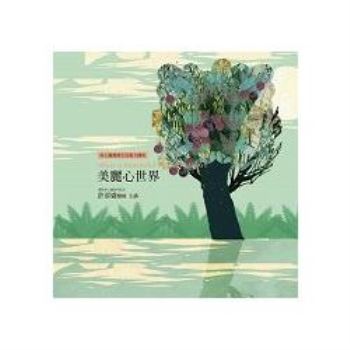The themes running through the book are friends and friendships. It is not an academic study of friendship. It is about the relationships with some of the people the author has encountered during his life. Readers will be able to define for themselves whom they regard as good, best, close etc. friends. This book should act as a catalyst for them to arrive at these definitions. The book shows how the class ceiling was broken by his liberal thinking parents, university education and marriage. He made deep interclass friendships. He was brought up with a live-in nanny, housekeeper, gardener etc. His mother was brought up old money and upper class in Germany.
Several of his friends are professors and the human sides of these and those who taught him are demonstrated.
His friendship and love of Frank, his brother, a merchant navy radio officer, resulted in his love of the sea and cruising with his parents and friends. During the pandemic lockdowns of 2020/21, his garden became a friend. His relationship with the garden was a major factor in preventing loneliness and depression. Social therapeutic gardens.
A significant involvement with science in his early life supplied him with an enquiring mind and involved deep working relationships with fellow scientists. Some of the scientific work undertaken jointly with his PhD supervisor, W R Keatinge, as described. Was he a friend?
Since his wife died in 2015, social media and electronic means of communicating have kept him in close touch with friends and others. The evolution and some history of these modes of communication used by the author over 50 years and are described. He was actively in politics in the earl 1980s. Political work creates friendships and camraderie amongst campaigners .












